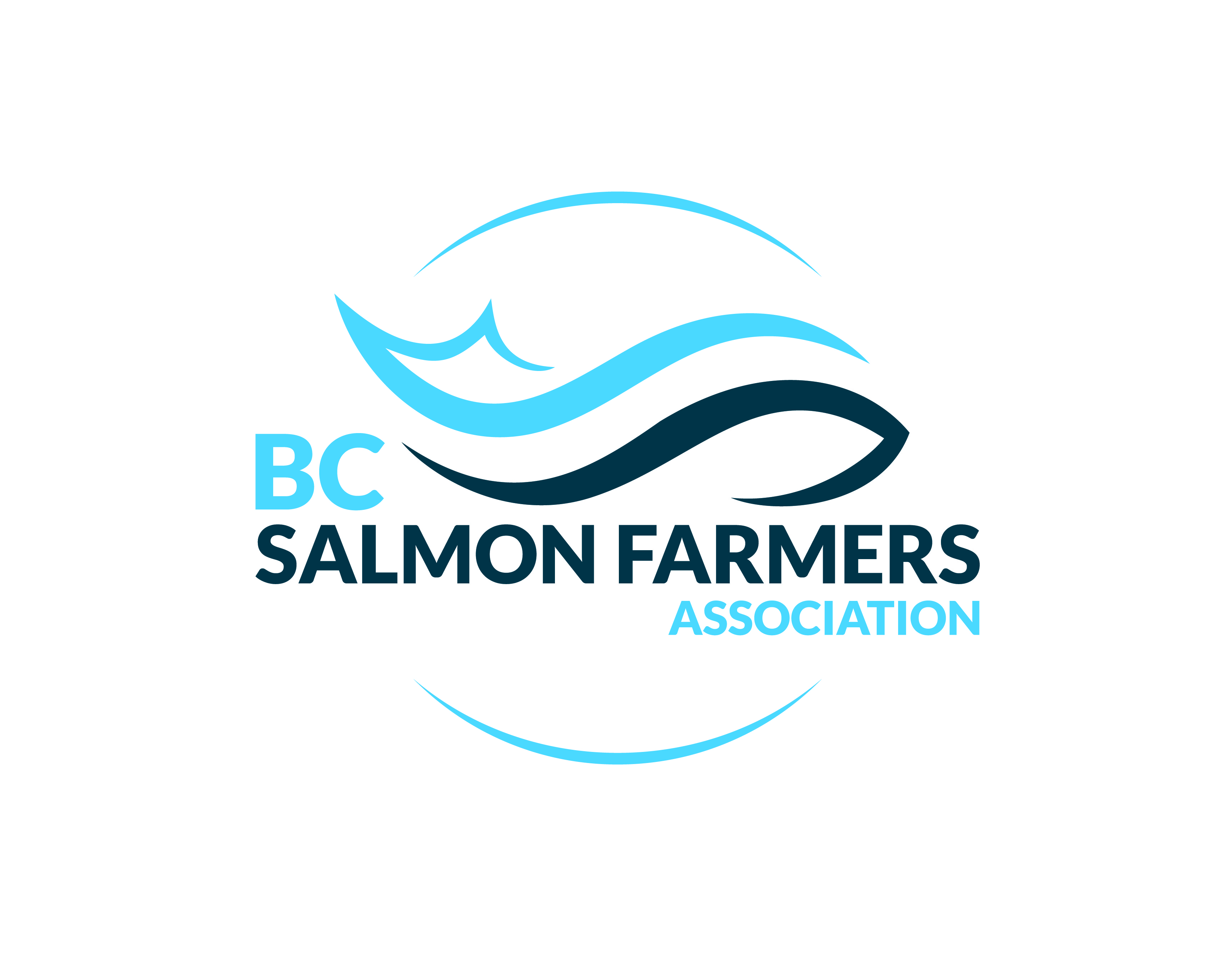Salmon Farming’s Second-Generation
Farming has long-since been understood as a generational business, and this sentiment is no different for salmon farming in B.C. Since its birth in the mid-1980’s, salmon farming has become quickly ingrained into the social and economic fabric of B.C.’s coastal communities. In just 30 years, companies are starting to see the children of salmon farming pioneers passionate and eager to get involved in B.C.’s most profitable aquaculture industry.
From a young age, Katherine Dolmage gained an appreciation for working on the water. Her father John owned a towing and salvage company that serviced salmon farms along the Vancouver Island coast for nearly 25 years before selling it. Growing up, Katherine was always eager to tag along with her father to work.
“I remember going over to Granite Bay on Quadra to visit some of the farms,” Katherine reminisces. “While he was busy with his work I would pass the time looking at the fish. My dad’s family have always been marine people and I inherited a love for being on the water all the time. Any chance I had to go with him, I took it.”
Now, as a Certification Manager for Marine Harvest Canada, Katherine has turned her passion for the marine environment into a career, which provides her with many opportunities to be out on the water. “My job is a really good mix of going out and meeting all the staff on the farms, getting to see different parts of the coast, and being able to dig into the standards and do things that are beneficial to the industry.”
John wasn’t the only one who brought his children to work. Terry Brooks, President of Golden Eagle Aquaculture Inc. also started his career in the industry with a young family by his side. With his wife working night shifts as a nurse, and babysitters hard to come by, it wasn’t uncommon for Terry to bring his two boys to work.
“There were plenty of times I had to put them on the crew boat with me,” Terry recalls. “One of my son’s was 2 years old and I used to rig up a car seat in the crew boat for him. They basically grew up on the farm and have both chosen to make careers out of it.”
Although Terry and his wife never told the boys they had to work in the industry, he points out that it was a natural progression for them to get involved. “When kids are brought up around the farm and the water, they instinctually know stuff that’s hard to teach.”
As parents continue to pass on their knowledge and passion for aquaculture to their children, we will continue to see more and more of the second-generation enter the industry in a variety of roles. Terry Brooks nails it on the head when he says that these individuals will bring an understanding of farming that can’t be taught, making them extremely valuable to the industry’s future success.



